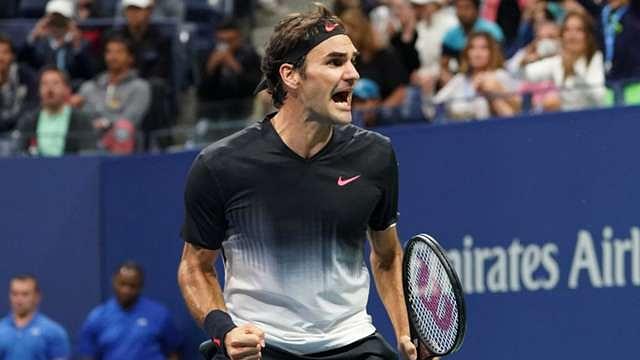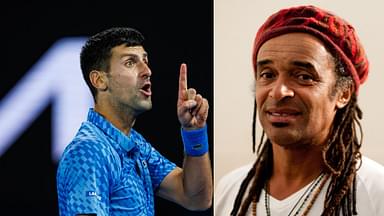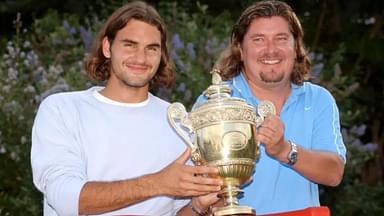The 19-time Grand Slam champion, Switzerland’s gracious tennis player, Roger Federer reveals about his contrasted days on the junior circuit. The 36-year-old maestro was a short-tempered teenager and the maestro’s anger compelled his family to send him to a psychologist at the age of 17.
Advertisement
The calm and composed champion had a raged childhood. As Federer says, “At 17, my family decided that I had to go to a psychologist because I was so angry on the court. From that moment on, my growth has been constant”.
In the year 2004, the maestro held the World Number one position for the first time. The world knows about the dominance of the Swiss star in tennis, but little do people know about his decision to quit tennis at that time as he realized that he has achieved his goal.
Eventually, something inside his mind kept him going and aided him to flourish in the sport. “After becoming the number one in 2004, I actually considered quitting. I had accomplished everything I had set out to,” Federer said.
“But, I told myself that I can continue playing because I don’t have to prove anything anymore. Everything I accomplish going forward is just a bonus,” he added.
During the days when Federer was developing his tennis, a coach came up to him and said that he could never take up tennis professionally and he isn’t meant for tennis.
Federer is thankful to the coach for making such a remark at that time as his statement gave him the urge to continue tennis and play at his best. The maestro cries his eyes out after his major victories and defeats.
The reason behind his weeping is that his past sacrifices, struggles and hard times flash by him during the important moments of his life. “I am the sort of person who lets the tears flow.
I let them flow because I remember that coach who told me I would go nowhere in tennis.“In those moments, I think of how many sacrifices I’ve made to get to where I am. But, I must actually thank that person because, especially in the first years of my career, he gave me the urge to move on,” Federer added.






